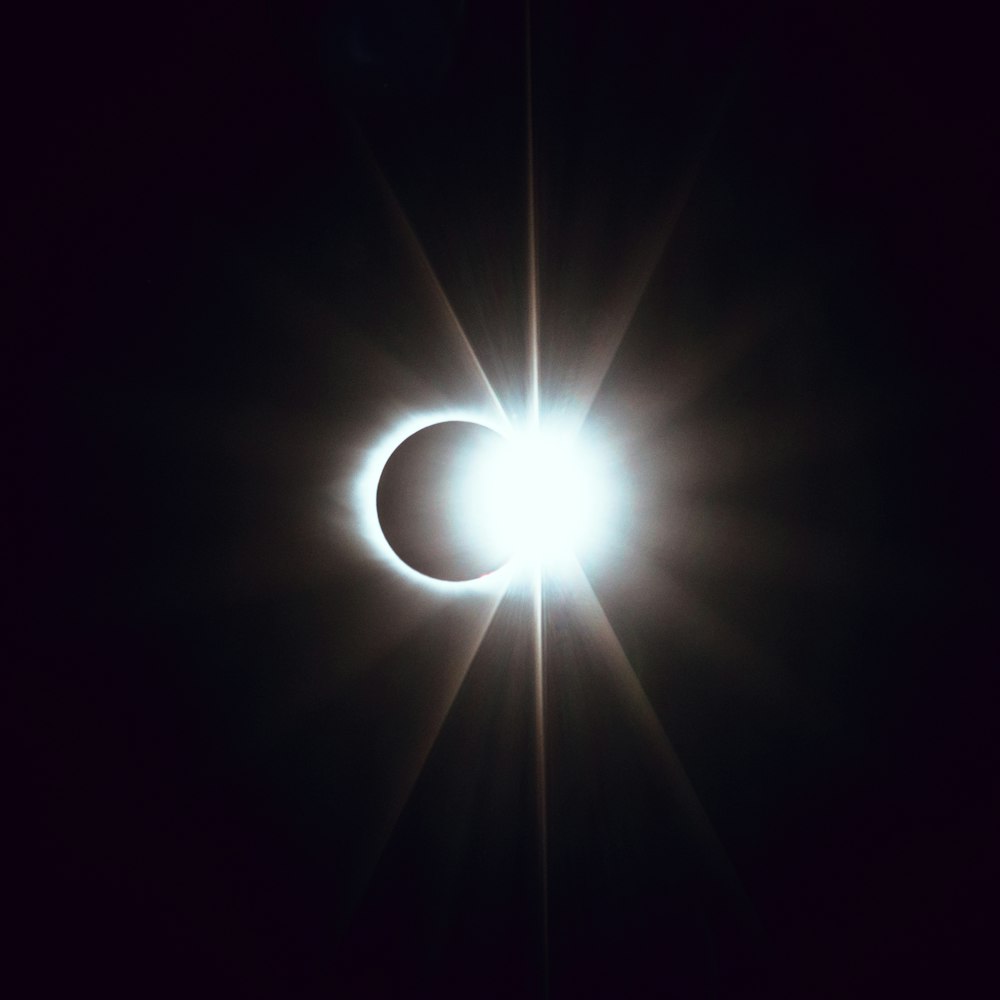The Eclipse, Science, and Ultimate Reality
Science was born on the 28th day of the month of May in 585 BC. The Greek philosopher Thales was the mastermind behind the whole show. He predicted a solar eclipse with accuracy and is considered to have invented science by Isaac Asimov, the famed science fiction author and professor of biochemistry at Boston University.
Thales was a philosopher who believed all reality could be boiled down to water. Modern readers might think Thales is all wet, but his view is the result of a tireless pursuit of truth. What is really real? How should we think about reality? Behind all the diversity we see, is there any unity? Is there a single way to make sense of it all?
Thales is credited with the statement “Know thyself.” He sought to understand the world so he could better make sense of the human condition. His prediction of an eclipse was important, because it was the result of studying nature not consulting a religious writing or experience. The source of his knowledge was empirical and not mystical.
While Thales used what we might describe as a scientific method to anticipate the eclipse, the eclipse itself was interpreted as a supernatural sign, an omen. We really don’t think about isolated facts since we view everything through a certain grid that is based upon our assumptions. Nor do we discover self-interpreting facts. Our worldview is the overarching way we try to understand the world and all the facts we find in it.
And then there is the self. How do we, as Thales aptly put it, know ourselves? We stand as an anomalous clump of clay in the midst of a moving world with eclipses and all the rest, and we look up and try to understand. What is real? What matters? Who am I?
Our recent eclipse illustrates that we are still asking the same questions. The birth of science didn’t create this condition. It is one more detail that illustrates the complexity of our quest to figure out the world and our place in it. It’s also a reminder that we, who are able to gaze up and out and reflect on the meaning of nature, seem to stand out in the natural world in this peculiar way. Does nature ever think about us? Certainly not.
While the scientific approach is proven in its ability to help us better understand what is going with orbits and eclipses and the like, can it help us unlock the mystery of the human condition? It seems unlikely. We will always need to interpret what we find in the world. And an interpretation requires an interpreter, a person behind the facts looking at it all. And to know ourselves requires the greatest interpretation of all.

